Previously, Rohit was a Research Scientist at MIT CSAIL. He have also spent substantial time in industry. He received his PhD at MIT under the guidance of Prof. Bonnie Berger and his dissertation on algorithms for analyzing protein interaction networks, is available here. One of the key problems addressed there was the global alignment of protein interaction networks-- this allows the combination of PPI information across species and establish functional orthology relationships. Rohit and his collaborators received the Test of Time Award at RECOMB 2019 for the IsoRank algorithm for global network alignment.
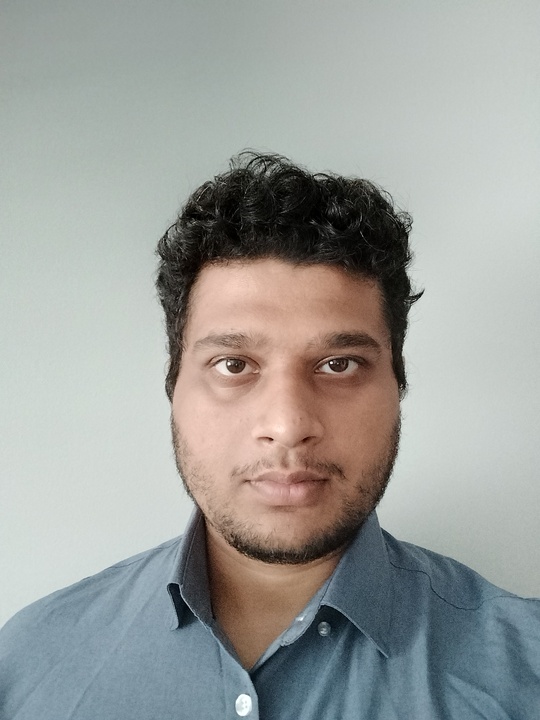
Kapil Devkota (Postdoctoral Associate)
Kapil Devkota is a postdoctoral associate in Rohit Singh's lab. His research focuses on developing functionally informative protein representations and applying them to downstream tasks such as protein design, drug discovery, and related areas.
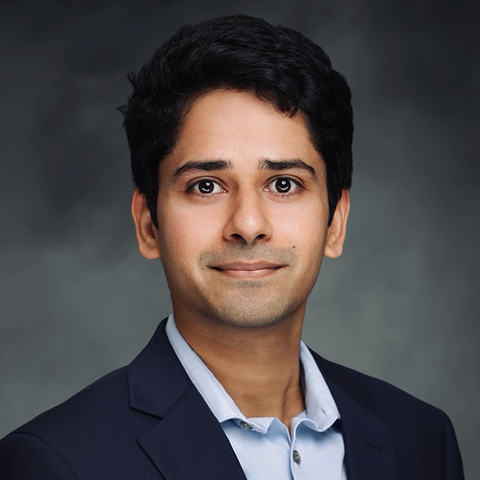
Aditya Pratapa (Postdoctoral Associate)
Ady is a postdoctoral researcher in Duke's Department of Cell Biology, advised by Rohit Singh and Purushothama Rao Tata. He earned his Ph.D. in Computer Science from Virginia Tech and spent a few years as a data scientist at Akoya Biosciences. His research focuses on spatial multimodal alignment and its applications to uncovering spatiotemporal regulation.
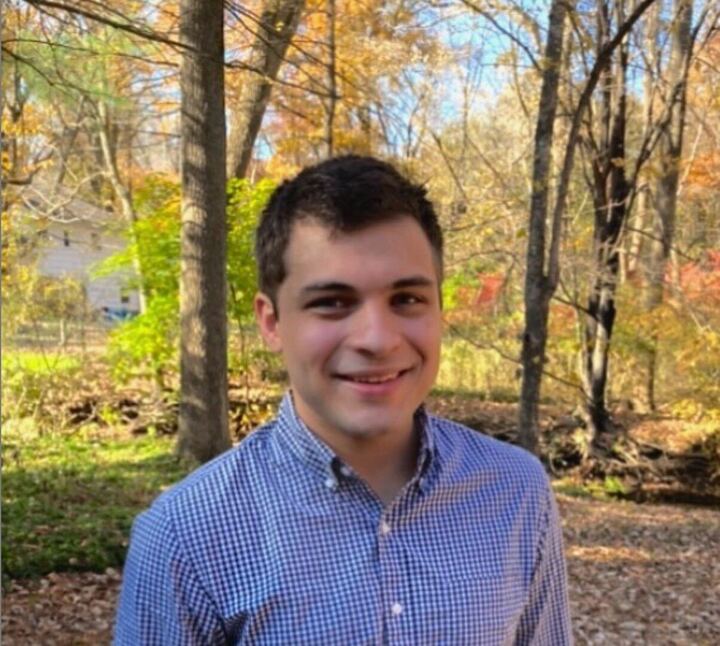
Sinan Ozbay (Graduate Student)
Sinan is pursuing a PhD in Computational Biology and Bioinformatics. He is interested in methods for single cell analysis, biological foundation models, and genetic perturbations.
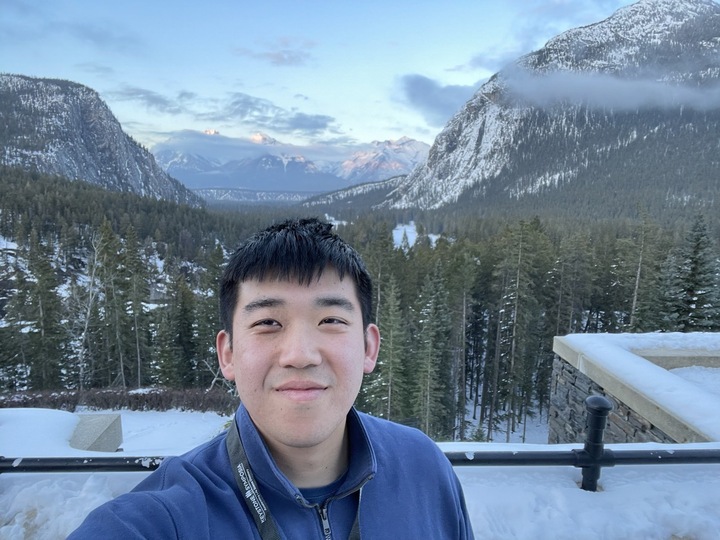
Huan Liang (Graduate Student)
Huan is a PhD student in Biostatistics at Duke University. His research focuses on understanding the mechanisms of gene regulation from chromatin and genomics perspectives. He is particularly interested in developing and applying statistical and machine learning methods to uncover causal mechanisms.
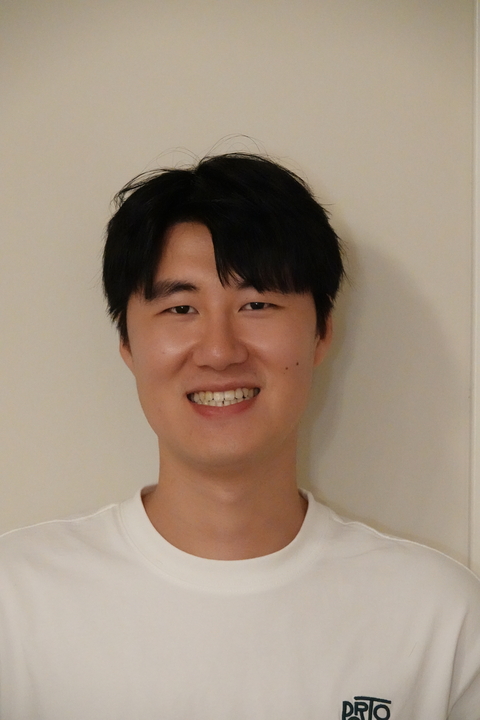
Jiazheng Miao (Graduate Student)
Jiazheng Miao is a Ph.D. student in Electric and Computer Engineering at Duke. He received his B.S. in Biology from Duke Kunshan, and M.S. in Biomedical Informatics from Harvard. His research interest focuses on utilizing language models to extract information from amino acid sequences, understand protein-protein interaction, and discover / design new therapeutic proteins.

Aditya Parekh (AI Health Fellow)
Aditya is working with the Departments of Biostatistics & Bioinformatics and Cell Biology to develop scalable machine learning systems and software infrastructure to allow for the efficient analysis of large biological datasets. In addition, he works on several problems of interests to computational and cell biologists, including single-cell RNA-sequencing analysis and computational approaches for protein engineering. His goal is to make newly developed methods in computational biology more accessible, robust, and useful for bioinformaticians and biologists alike. He joined Duke after completing his MS at Carnegie Mellon in computational biology. Prior to that, he earned his BS in Biochemistry and Mathematics at Arizona State University, and looks forward to making the transition from sun devil to blue devil at Duke.
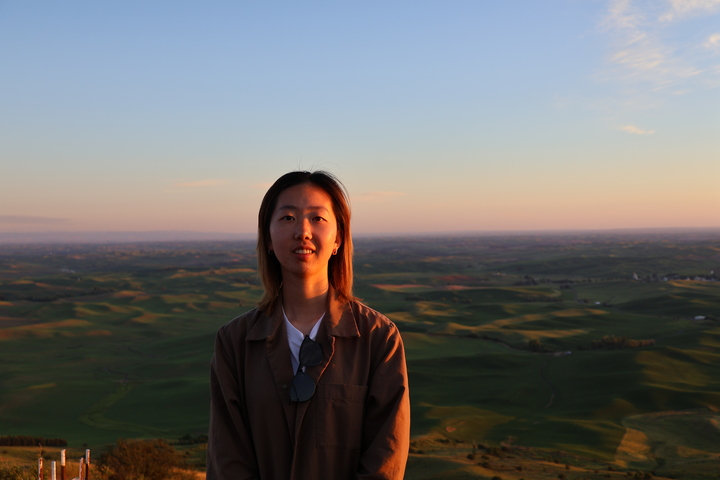
Coco Liu (Master Student)
Coco received her B.S. in Data Science and Statistics at University of Washington, and now is a master student in Biostatistics at Duke. Her research focuses on the computational analysis of single-cell RNA sequencing datasets.
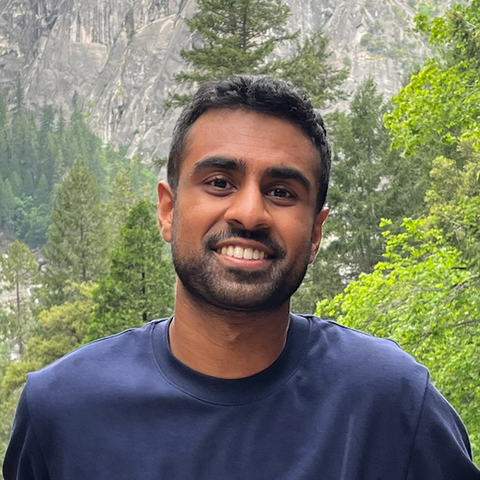
Anish Karpurapu (Graduate Student)
Anish is an MD/PhD student in the University Program in Genetics and Genomics (UPGG) at Duke, co-mentored by Dr. Rohit Singh and Dr. Charles Gersbach. He received his B.S.E. in Biomedical Engineering and Computer Science from Duke University. His research focuses on developing computational methods for single-cell perturbation analysis and understanding the functional consequences of genetic variation in human disease.
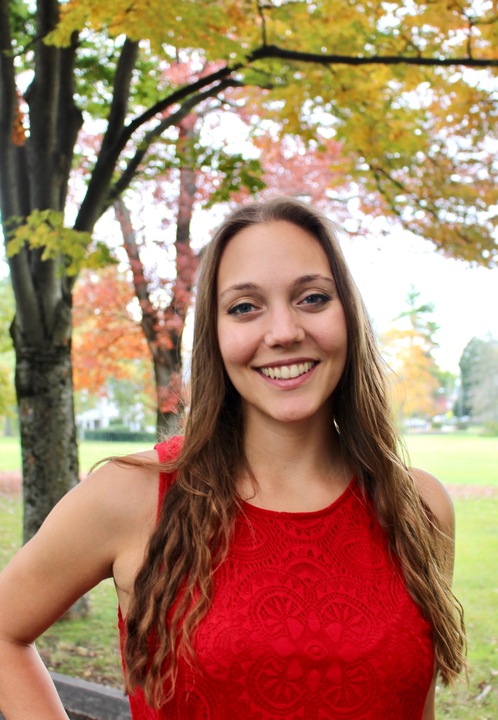
Sara Geraghty (Postdoctoral Associate)
Sara is a postdoctoral researcher in the Singh lab, co-mentored by Dr. Charles Gersbach and Dr. Gregory Crawford. She received her B.S. in Biology and Computer Science from the University of Richmond and her Ph.D. in Quantitative and Computational Biology from Princeton University, where she studied genomics and cancer biology. At Duke, her research focuses on computational methods that use Perturb-seq data to understand and engineer cell state changes.
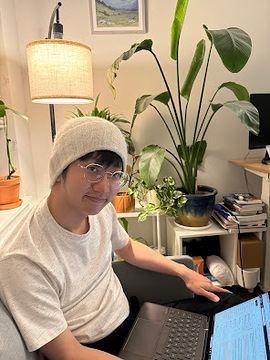
Mun Hong Fong (Graduate Student)
Mun Hong received his B.S. in Computer Science at Purdue University in 2023, later joined MIT for post baccalaureate research. He is now pursuing Computer Science PhD at Duke, and is interested in drug discovery, mainly on how protein conformation, surface and mutation affects drug target interaction.
